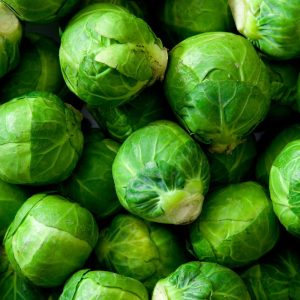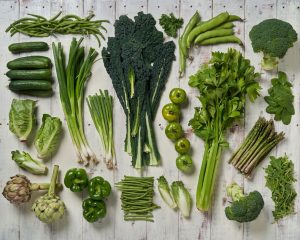Ramadan is a time for Muslims to be reflective of the teachings of Islam as well as empathize with those less fortunate. However, this observation of one of the Five Pillars of Islam can be a challenge for runners as it also incorporates up to 30 days of a day fast from food and water. The nutrition advice below should allow all runners to continue to stay healthy and train well during this holy time.
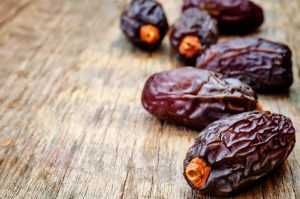
1. Dates
This dried fruit is synonymous with Ramadan and can be seen on sale in many supermarkets during this time. They are composed of easily digestible simple sugars and are also high in calories which help to replenish the body after a fast (and run!). Dates are also high in potassium which helps maintain electrolyte balance in our system. Breaking fast at Iftar with dates and a glass of water is an ideal combination.
Similar alternatives: figs, bananas, peaches
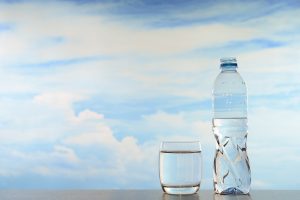
2. Water
This liquid seems like a no-brainer after several hours of not drinking any liquid in a humid climate! Your aim should be to take in around 2 liters of water between Iftar and Suhoor, which is 2-3 glasses every hour. Coconut water is also an excellent addition as it is easily available in Malaysia and a fantastic source of electrolytes!
Similar alternatives: Fresh-squeezed fruit juice, smoothies, yogurt honey shakes, lentil soup
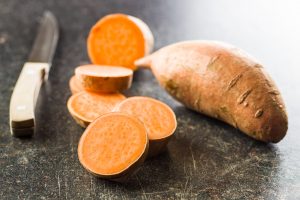
3. Sweet Potatoes
They, or similar alternatives, should be a third of your main meal as they are full of complex carbohydrates which take longer to break down in your digestive system. This in turn provides energy for your body for a longer period of time which will help to stabilize your blood sugar. The orange and purple varieties are particularly rich in antioxidants which help to limit inflammation of the muscles – great news for those sore muscles!
Similar alternatives: brown rice, whole grain bread, beans, lentils
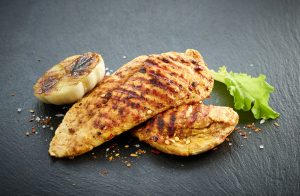
4. Grilled, boiled, or steamed chicken
This should be another vital part of your main meal because your protein intake is much lower than usual. Eating more protein before Suhoor will help to counteract lean muscle loss and help to keep you feeling fuller for longer. Avoid eating fried food as this will make you feel heavy, hungrier sooner, and lead to a more disrupted night’s sleep.
Similar alternatives: grilled, steamed fish or vegetables
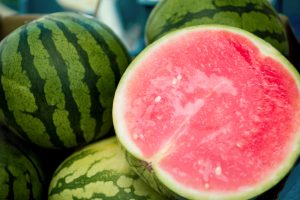
5. Watermelon
Malaysia is blessed with an amazing variety of fruit and this can be used to our advantage during Ramadan! Fruits high in water content such as watermelon can help to rehydrate our bodies as well as provide fiber and vitamins. This combination of water and fiber can also help to stop overeating as it allows you to eat a good volume of food but without a lot of calories.
Similar alternatives: honeydew, pineapples, grapefruit, oranges
EXPERT TIP: Avoid (or reduce) caffeinated drinks during the fasting month such as tea, coffee, and fizzy drinks. Caffeine is a diuretic and will cause faster water loss – at a time when your body needs to retain as much water as possible.



